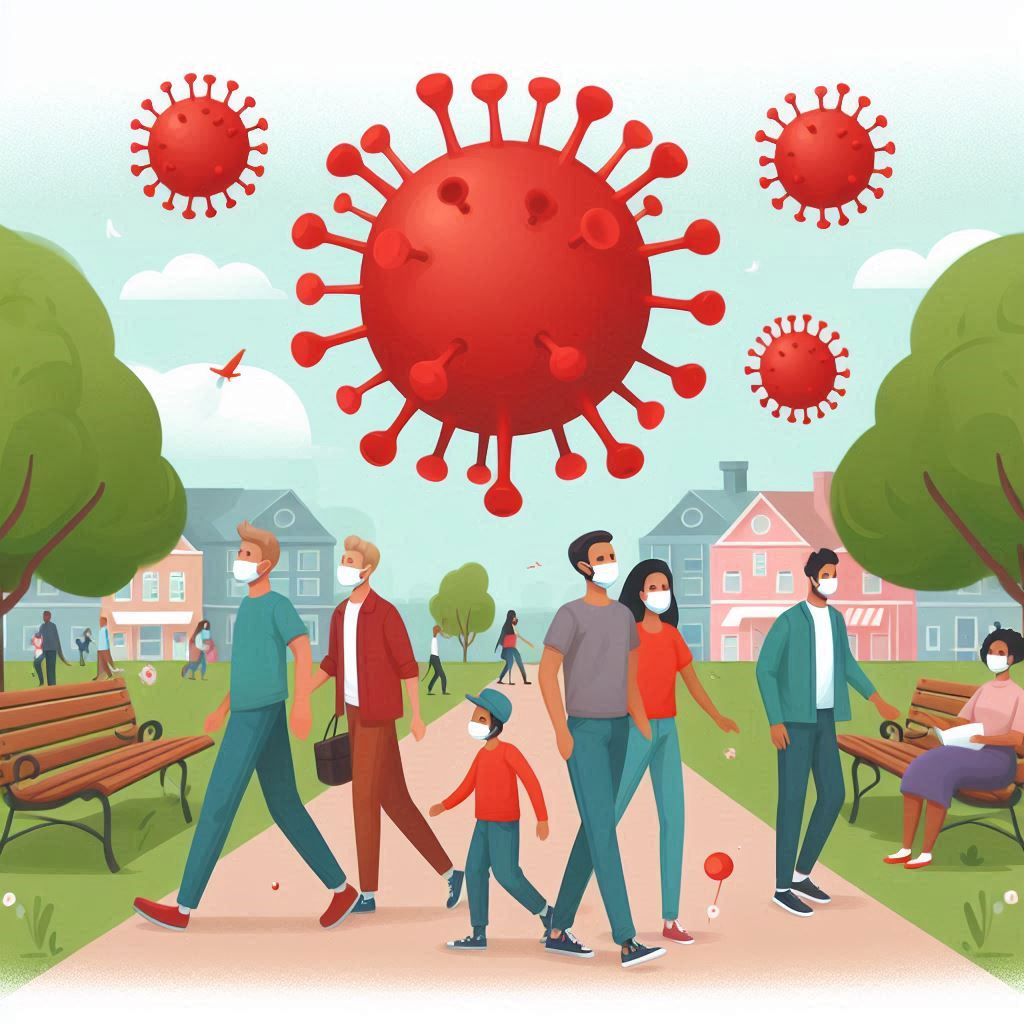
Osmar Luna Trumboll; Marisleybis Torres López y Jeison Luna Torres.
The coronavirus is a pandemic that affects almost all countries. It began to spread at the end of 2019, with a consequence of morbidity, mortality and far-reaching consequences worldwide, which transcend the social, psychological and economic aspects. An explanatory observational prospective cohort study was carried out, with the objective of describing why COVID-19 can be considered a biopsychosocial phenomenon in convalescent patients belonging to the Sibanicú Popular Council in the year 2023. For this study, the universe and the sample were constituted for 97 cases confirmed as COVID-19. Different quantitative and qualitative variables were taken into account, among which sociodemographic variables such as age, sex, race and other variables such as sequelae, psychological effects and social relationships stand out. Theoretical, empirical and statistical mathematical methods were used in this study. The main results obtained were focused on the fact that there was a higher incidence in the age group over 65 years of age, female and white. A representative percentage of cases developed post-covid sequelae. A considerable group presented some psychological affectation and some saw their social relationships affected after becoming ill. It was concluded that this disease can be considered a biopsychoscopic phenomenon due to the way in which it can affect the individual, affect their psychological state and its social impact.
Keywords: COVID-19, social relations, explanatory studies, pandemic.



